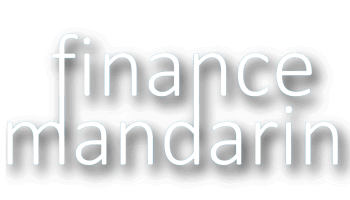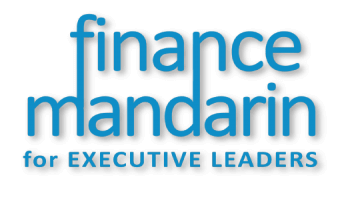learn business mandarin
finance mandarin case study preview
Kirkus Book Review on James Fok’s Financial Cold War
Case Study is the most effective learning method to acquire language skills and put them in practice.
Not yet a member ? Next step:
contact us to arrange a demo class.
Kirkus Book Review on James Fok’s Financial Cold War
case study
executive summary
China and the United States may be on a collision course provoked by the forces of international finance, according to this study.
Fok, an investment banker and former executive at Hong Kong Exchanges and Clearing, surveys the intricate interplay of domestic and international economics, government policy, and intense rivalry that shapes the relationship between a United States that sits atop the global finance system and a China with burgeoning fiscal clout. He examines the “geo-economic warfare” between the two powers. This conflict involves the trade war started by then-President Donald Trump, featuring tariffs, sanctions, and bans on Chinese tech companies; the tensions over China’s huge trade surplus with the U.S.; China’s Belt and Road Initiative, which uses foreign investments and aid to draw other countries into its economic orbit; and military confrontations in the South China Sea. But he probes the deeper structural forces beneath the surface clashes. One is the role of the U.S. dollar as the world’s reserve currency, which lets America borrow endlessly from other countries at low interest rates but requires it to run huge balance-of-payments deficits to supply liquidity to the global economy. Meanwhile, the dollar’s structural overvaluation makes U.S. exports and manufacturing uncompetitive. Another factor is China’s investment-led growth model, which causes it to build too much industrial capacity while keeping wages and consumer spending artificially low, exacerbating trade imbalances. And both China and America, the author contends, have followed economic and tax policies that favor wealthy corporate elites. The author’s recommendations include international cooperation in ending the dollar’s position as the global currency and progressive taxes and campaign finance reform in America. China, for its part, could ease off industrial investment, boost wages and consumption, and make governance more transparent.
Fok offers an insightful analysis of the world economy that extracts underlying patterns from the confusion of everyday commerce. He sets it against an intriguing, if meandering, recap of episodes from economic history, covering everything from the Great Recession of 2008 and the 1944 Bretton Woods Conference that launched America to world economic supremacy to the financial governance of medieval Venice and the Ming dynasty’s pullback from maritime exploration in the 15th century. The author makes this potentially dry material colorful and entertaining, with prose that is sophisticated and well informed but also lucid and accessible. His deep knowledge of the Chinese economy and financial system lets him discuss them in detail—“When investors sell their Mainland A-shares, the obligation to deliver back their cash falls on the Hong Kong Securities Clearing Company (HKSCC), a subsidiary of HKEX, which is subject to Hong Kong’s laws and regulations.” But he can also step back for elegant, big-picture perspectives. (“Far from being the last man standing at the end of history, America has arrived at the end of its unipolar moment a hobbled giant. Its finances overstretched, its military exhausted, its infrastructure crumbling, its society divided, and unpopular overseas, it would not be inapt to paraphrase the term used to describe the Ottoman Empire before WW1 and call the US the ‘Sick Man of North America.’ ”) Both finance professionals and lay readers interested in money, history, and geopolitics will find this a captivating, sweeping, and timely read.
A stimulating look at the tectonic forces impelling China and America toward a financial earthquake.
case study
key point
The key point and your take-away from this case study 'Kirkus Book Review on James Fok’s Financial Cold War'. Your learning combines both language skills and market knowledge.
。
。
case study
learning exercises
Active learning will accelerate your skills, and your study of 'Kirkus Book Review on James Fok’s Financial Cold War'. Each exercise is designed to promote and strenthen your language skills. Login Required.
Not yet a member ? Next step:
contact us to arrange a demo class.
industry focus courses
Select your industry focus. The courses listed below all include this case study 'Kirkus Book Review on James Fok’s Financial Cold War'.
LEARN BUSINESS MANDARINCOURSE fm001
Finance Mandarin Certificate
course details & registration >>>
LEARN BUSINESS MANDARINCOURSE fm002
Finance Mandarin Mergers and Acquisitions
course details & registration >>>
LEARN BUSINESS MANDARINCOURSE fm012
Finance Mandarin Debt Capital Markets
course details & registration >>>




